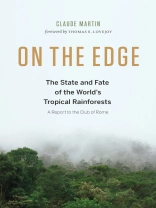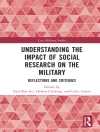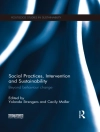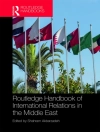In 1972, The Limits to Growth introduced the idea that world resources are limited. Soon after, people became aware of the threats to the world’s rainforests, the biggest terrestrial repositories of biodiversity and essential regulators of global air and water cycles. Since that time, new research and technological advances have greatly increased our knowledge of how rainforests are being affected by changing patterns of resource use. Increasing concern about climate change has made it more important than ever to understand the state of the world’s tropical forests.
This book provides an up-to-date picture of the health of the world’s tropical forests. Claude Martin, an eminent scientist and conservationist, integrates information from remote imaging, ecology, and economics to explain deforestation and forest health throughout the world. He explains how urbanization, an increasingly global economy, and a worldwide demand for biofuels put new pressure on rainforest land. He examines the policies and market forces that have successfully preserved forests in some areas and discusses the economic benefits of protected areas. Using evidence from ice core records and past forest cover patterns, he predicts the most likely effects of climate change.
Claude Martin brings his wealth of experience as an ecologist, director of the WWF, and advistor to various conservation organizations to bear on the latest research from around the world. Contributions from eight leading experts provide additional insight.
Über den Autor
Claude Martin has been engaged in tropical rainforest conservation since the 1970s and served as director general of WWF International from 1993–2005 where he pioneered rainforest conservation partnerships in all tropical rainforest regions.
Thomas E. Lovejoy is the former director of the U.S. conservation program of the WWF, chief biodiversity adviser to the World Bank and assistant secretary for Environment and External Affairs, Smithsonian Institution. Lovejoy is a professor of environmental science and policy at George Mason University.












